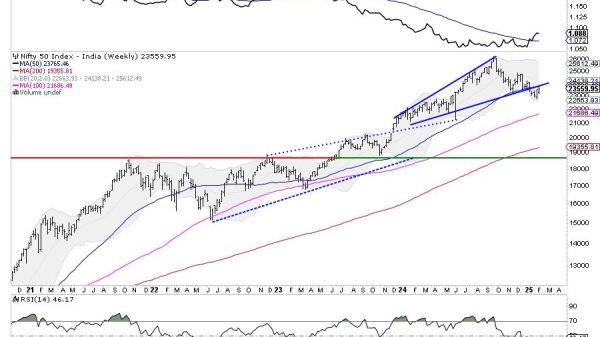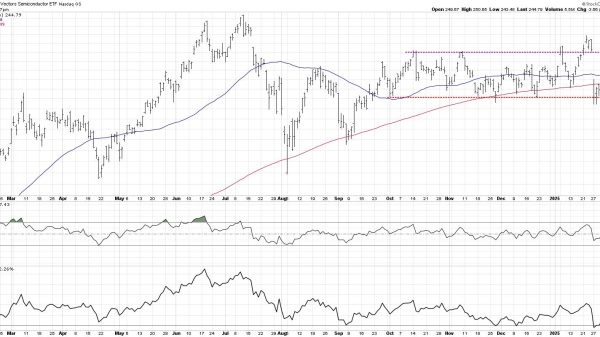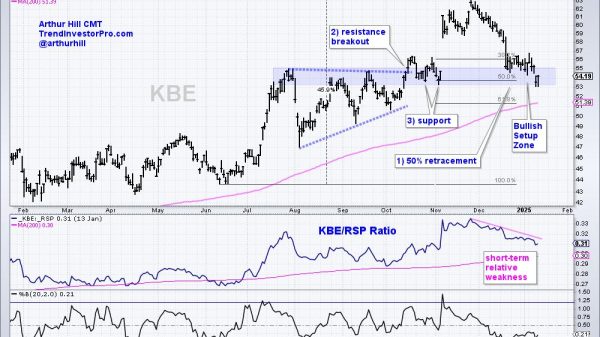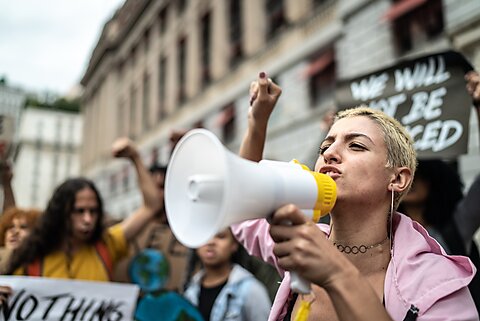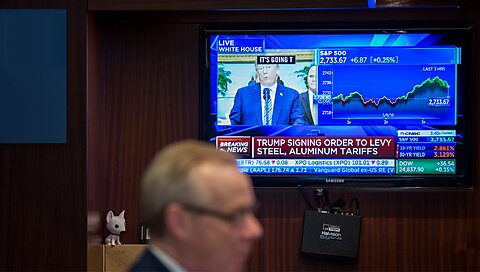
British businesses are wrestling with whether to follow their American counterparts in scaling back diversity, equity and inclusion (DEI) programmes, spurred by the second Trump presidency’s rollback of similar initiatives in the United States.
New polling by Apella Advisors and Find Out Now suggests that, while the public is divided, a slender majority is against any dilution of UK DEI commitments. Some 53 per cent of respondents said it would be “bad” if British companies copied US rivals by curtailing DEI efforts. By contrast, 22 per cent disagreed, 11 per cent were undecided and a further 14 per cent did not know.
The opposition to cutting DEI policies was most pronounced among working-age adults, particularly younger people. Critics of such initiatives argue they can undermine merit-based recruitment and advancement.
Mike Granleese, head of data and insights at Apella Advisors, said businesses risk undermining their own reputations if they abandon stated principles: “For some, that’s because firms would miss out on talent. But the biggest reason for thinking less of firms that junk diversity programmes is that they would be abandoning principles they previously said they held dear. The public values authenticity.”
Even so, 29 per cent of those polled either supported or understood the move to reduce DEI programmes, with older people and men notably more inclined to these views. “The Trump agenda is not popular among Britons, with most opposing moves by business and politicians to adopt the president’s ideas,” Granleese added. “But that view is not universal and significant parts of UK opinion are positive about Trumpism.”
During his second term, Donald Trump, now 78, has pledged to eliminate DEI policies in federal government operations and has already curtailed DEI requirements in public sector hiring and contracts.
Major US companies have followed suit by dampening their previously vocal commitments. Citigroup, led by its British group chief executive Jane Fraser, is among those scaling back. Others include Boeing, Ford and Walmart, which have all reduced the visibility of their DEI strategies. KPMG’s US arm recently withdrew years of data revealing women’s and minority representation, and Deloitte has announced plans to “sunset” its diversity goals. Google has removed black, LGBTQ+ and women’s holidays from its digital calendars, while Meta Platforms, the owner of Facebook, Instagram and WhatsApp, has scrapped certain DEI initiatives.
Read more:
Trump’s anti-DEI push splits opinion among Britons






